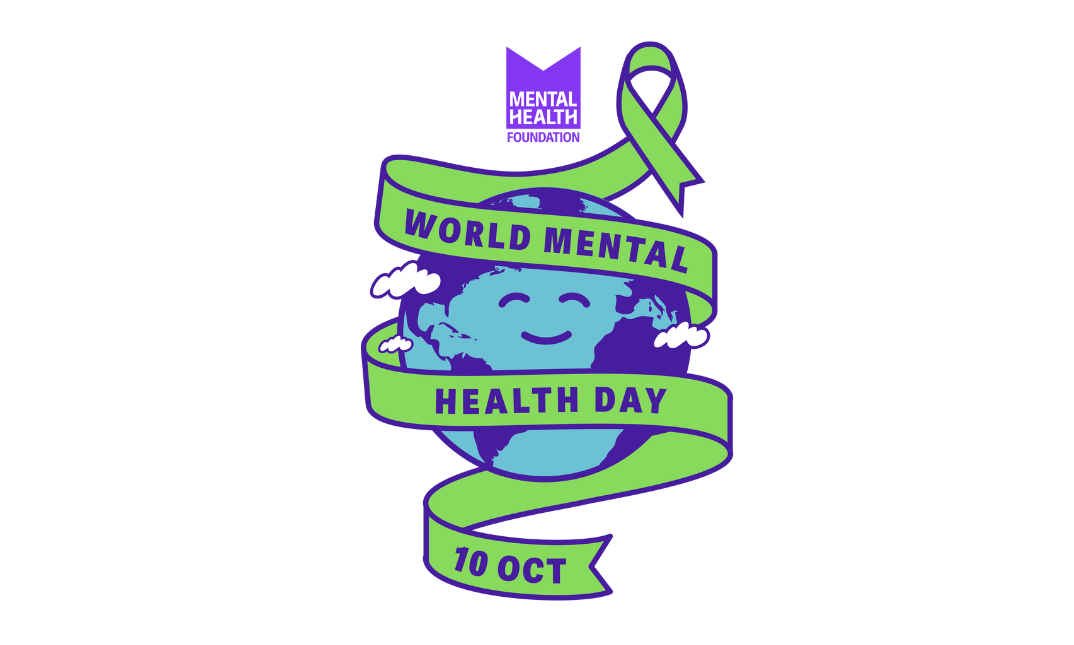World Mental Health Day 2025 and Neurodivergent Inclusion in Times of Crisis
- Martin Bunker

- Oct 10, 2025
- 3 min read
Tl;dr - Here are my thoughts, from a neurodivergent man's perspective. on World Mental Health Day 2025 -Friday 10th October 2025.
Why This Year’s Theme Matters
This year’s World Mental Health Day theme—“Mental health in catastrophes and emergencies”—highlights a critical truth: when the world is in crisis, neurodivergent individuals often face compounded challenges.
Whether navigating ADHD, autism, dyslexia, or other cognitive differences, our community is frequently overlooked in emergency planning and mental health response.
Crises don’t affect everyone equally—and for neurodivergent minds, the barriers to support can be even steeper.
What Neurodivergent People Experience in a Mental Health Crisis
Sensory overwhelm in chaotic environments
Misunderstood communication and coping styles
Limited access to trauma-informed, neurodivergent inclusive services
Increased vulnerability to isolation and burnout
But these aren’t personal failings—they’re systemic gaps, but these gaps can be closed!
What are the Statistics
Sadly, men, and particularly neurodivergent men, are disproportionately affected by mental health issues:
Three in four suicide deaths in England and Wales in 2023 were men.
Men had a suicide rate of 17.4 per 100,000, nearly three times the rate for women.
In fact, it’s the number one cause of death for men under 50.
Autistic individuals face between a 3-7 times higher risk of death by suicide, compared to neurotypical men (Hirvikoski et al., 2020)
People with ADHD have a 3.2 times higher risk of suicide death (Dalsgarrd et al., 2020)
It is thought that this risk is actually linked to unmet needs, stigma and systemic barriers and NOT the neurodivergence itself
A caring conversation—even from a stranger—can interrupt neagtive and suicidal thoughts!
What Can Help?
From various studies, we’ve learned that one simple act of connection can change everything. According to Samaritans, 60% of people with lived experience said their suicidal thoughts were interrupted by someone close to them, and 14% said it was by a stranger. Stopping to ask, “Are you okay?” or listening without judgment can literally interrupt a moment that feels insurmountable.
I volunteered for the Samaritans in my 30s. It was, simultaneously, one of the most difficult but also rewarding things I've ever done. However, I was struck by the amount of people identifying as women who called in compared to the number of people who identified as men. Especially as this is stark contrast to the proportion of men who sadly do end their lives!
What to Do
So today, I’m speaking directly—not just as a voice of awareness, but as someone who believes in the power of community, strength, and vulnerability—to say:
You are not alone - Your feelings matter. Even if it doesn't feel like it right now.
Talking isn’t weakness - It’s strength. Courage isn’t a silent burden—it’s sharing what’s real.
Reach out - Call a friend, call Samaritans at 116 123 (available 24/7 across the UK), or find professional support through your GP or local mental health services.
Take a look at this Poster from The Mental Health Foundation with "Tips on how to Manage Overwhelm....":
Let's also remember: checking in matters. If you sense a friend or someone at work has changed—pull them aside, lend an ear. That simple action might just be the difference between despair and connection.
On this World Mental Health Day, let’s shift the narrative. Let’s redefine strength to include vulnerability. Let’s hold space for one another. Because talking can save lives—and real connection starts with you.
How You Can Get Involved
So, whether you’re hosting a Tea & Talk, sharing your story, or simply checking in with someone today—your voice really matters!
Together, we can create a world where mental health care is truly for all!
Learn More & Take Action
Also, information and support from MIND (in the UK): Visit MIND








Comments